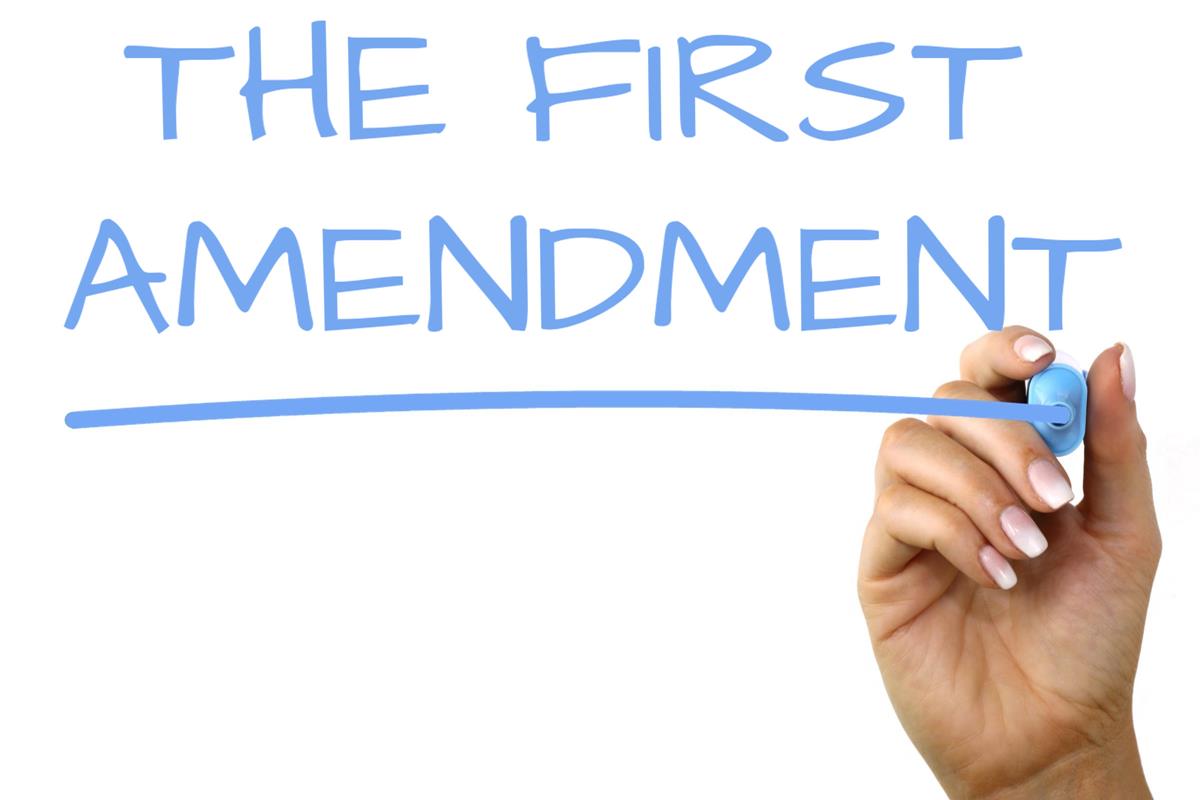“Congress shall make no law… abridging the freedom of speech.”
Most of us know that the First Amendment to the United States Constitution provides for the freedom of speech and either hold the right to free speech dearly or take it for granted. The he importance of this right is amplified by years of United States jurisprudence that holds that almost every other freedom stems from the right to speech.

Despite the fact that “speech” in the Constitution also applies to expressive conduct and writing, the First Amendment rarely falls into the defense of criminal prosecution. However, it is important for criminal defense attorneys to recognize the rare cases during which the First Amendment applies.
A major criminal case that demonstrates the principle of free speech in criminal prosecution is Watts v. United States, 394 U.S. 705 (1969). In that case, Watts, the defendant, was at a political rally where he said, “[i]f they ever make me carry a rifle the first man I want to get in my sights is [Lyndon B. Johnson].” Id. at 706. After conviction in lower court, the United States Supreme Court overturned the conviction, reasoning that it was not a “true threat” and Mr. Watts could therefore not be criminally punished for his “political hyperbole.”
While it is never a good idea to idly speak about the assassination of a president of the United States, Watts teaches us the important lesson that “hyperbole,” when not contemporaneous in space and time is protected speech.
Conversely, some speech is not protected. These include:
- Unnecessary Panic: Shouting “Fire!” in a crowded movie theater
- True Threats: “I am going to kill you.”
- Intent to Intimidate: Burning a cross on somebody’s lawn
- Morally Debased and Harmful Material: Child pornography
- Inciting Imminent Lawless Action:
- This cannot be vague. “Let’s all beat up clowns when we get the chance!” would be protected. “Let’s all beat up Stinky the Clown right now!” is an example of Imminent Lawless Action and would not be protected.
The vast majority of cases that I handle that concern the First Amendment involve Terroristic Threats and some assault cases where statements can provide context into the underlying action.
It is important for us all to remember that simply hateful speech IS protected. In fact, the speech that we hate the most should be the speech we defend the most rigorously. We are a society of free, intelligent people and the cream rises to the top. When we uphold the principles of freedom and err on the side of free speech we elevate our society as a whole. The jerks who spit out hateful speech are free to do so, but everybody knows they are jerks!



